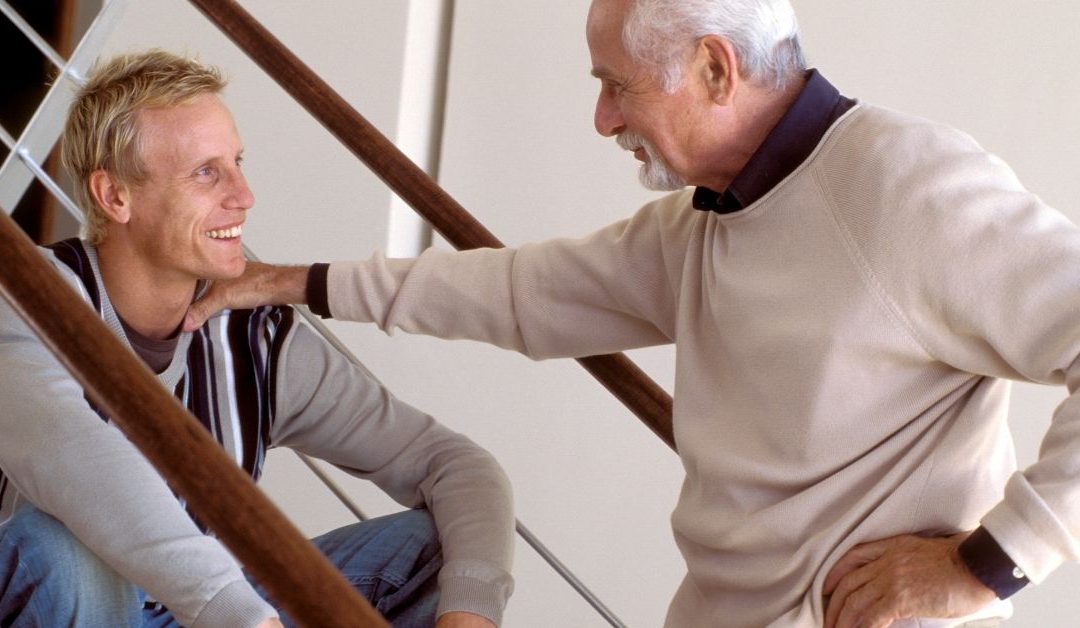DEATH. The word itself holds so much meaning that its mere mention can evoke anxiety, fear, and denial. We’re all going to die. We’re all equal in this inevitability. Avoiding the subject of death does not prevent it from happening. As a licensed Funeral Director and Embalmer, with over twelve years of funerary experience, I’ve learned that we all encounter death differently and hold many views about it. I am an advocate for educating the general public on death and encouraging an open dialogue to create a more death-positive culture.
The goal is to gain a perspective that only an awareness of death can offer. When you embrace death, you embrace life. I was once told over the phone that I have the perfect voice for working at a crematory. The person then said, “your voice, it’s so uplifting, as it should be. Death is such a natural part of life.” Discussing or thinking about death is not weird or morbid, but a natural human curiosity and perhaps a necessary responsibility to yourself and to your family.
It is important to be proactive and discuss difficult topics such as end-of-life care, where one might research hospital care and life-prolonging medical options, or how to arrange hospice care and a more natural death that occurs at home. A large percentage of people who prefer to die in the privacy and comfort of their own homes end up dying in a hospital. This is often the case because many do not know the end-of-life wishes of loved ones or how to carry out those wishes. Contact your funeral home professional to ensure important steps are taken and to learn how to make funeral arrangements. Think ahead and ask how to participate in and personalize funeral plans and be aware of the many death care options.
Plan for a good death by communicating with loved ones and documenting preferences. To get started, ask experienced family members about any cultural or religious death traditions, then discuss and research options with a funeral home professional. Although there are many online resources, as well as social media groups that can assist in taking action, I would suggest verifying online information with a professional. This can be important, especially on a legal or local level.
By preparing in advance and confronting death discussion challenges with knowledge and confidence, one can provide support and education to family, friends, community groups, and many others who might need it. Ask the questions, learn the answers, change the experience.

